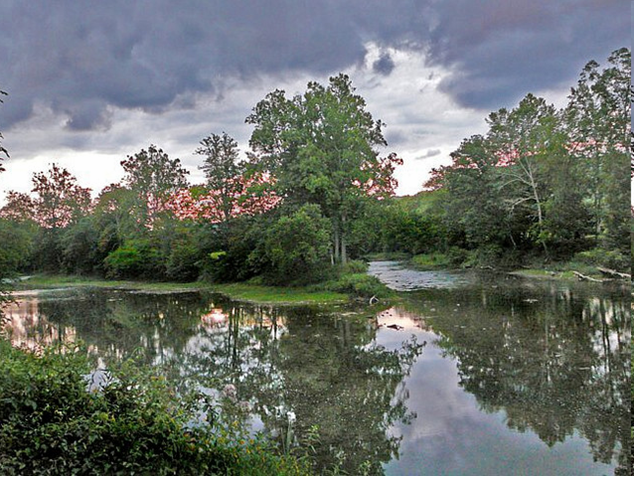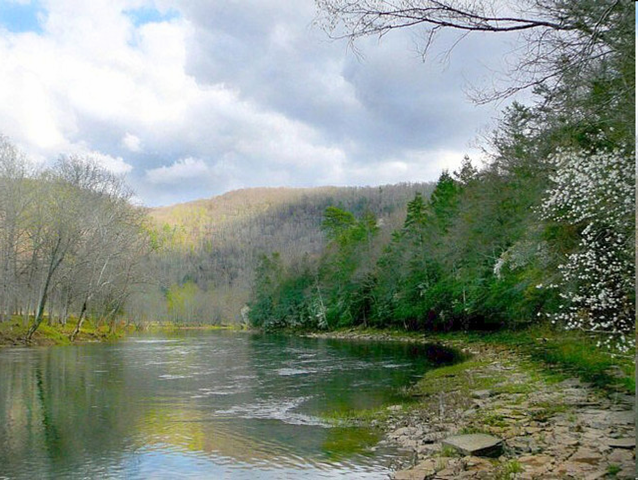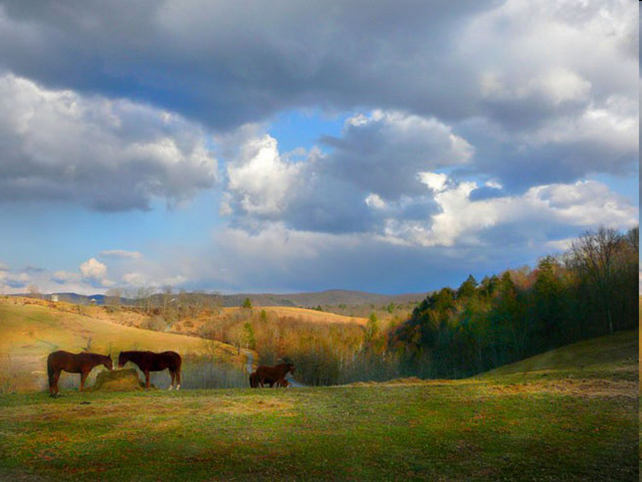Del. Evan Hansen plans bills to create jobs, address West Virginia’s lack of renewable energy
by Charles Young SENIOR STAFF WRITER WV NEW Jan 24, 2021
CHARLESTON, W.Va (WV News) — West Virginia’s energy generation landscape remains dominated by coal, with renewable energy sources accounting for just a fraction of all of the state’s power.
While the coal and oil and gas industries have their respective lobbying organizations that court members of the West Virginia Legislature, renewable energy sources have few defenders in the halls of the state Capitol.
Del. Evan Hansen, D-Monongalia, a professional environmental scientist, is among the handful of lawmakers who consistently advocate for energy diversification, sustainable solutions and green economic development opportunities.
Hansen helped pass Senate Bill 583 during last year’s legislative session, which will allow for the development of utility-grade solar projects in the state.
The bill received bipartisan support in the House and Senate, but still faced opposition from lawmakers representing coal-producing districts.
Hansen said he has plans to introduce a host of bills during the upcoming session that all have a focus on renewable energy sources and the economic opportunities they present to the state.
“I’ve got a package of bills that are related to new energy job creation, and they are bills that would not only create jobs, but would also help address climate change,” he said.
The first bill would allow solar power purchase agreements, which would encourage rooftop solar installation, Hansen said.
“It allows a new method to finance solar arrays for nonprofits or for people’s homes, where a company will actually build the solar array at their own cost and you as a nonprofit or a person could save money on your electric bills immediately with no upfront investment,” he said.
The bill has failed to pass during previous sessions, but he’s hopeful about its chances this year, Hansen said.
“I can’t make any promises, but I know their are legislators from both parties who are interested in moving that bill,” he said.
A second bill focuses on energy efficiency improvements, Hansen said.
“This bill follows up on study resolution that was passed last session that required a study of energy use at state-owned buildings,” he said. “My bill would set a target of 30% energy savings in state-owned buildings by 2030 and would also set a process in motion to identify electric meters that the state is still paying for that actually don’t provide any electricity — they’re called orphaned meters, and there are a lot of those.”
The efficiency improvements would require an initial investment, which will pay off “very quickly,” Hansen said.
“We would save taxpayer dollars, and it would create a lot of energy efficiency jobs across the state,” he said.
A third bill, called the Just Transition bill, would create a process to focus funding and resources into communities impacted by the decline of coal production, Hansen said.
A previous version of the bill unanimously passed the House last year, but failed to gain traction in the Senate, Hansen said.
“So we’re adjusting the bill somewhat to better align it with federal policy, because there are efforts now at the federal level to also funnel some new programs and policies to support these communities that are being hit the hardest by this transition,” he said.
Although he knows he will still encounter opposition from advocates of fossil fuels at the state level, the environmental policies and priorities of the Biden administration give him hope about the future of renewable energy sources, Hansen said.
“I appreciate that there’s going to be an effort to address climate change because I think that has to happen,” he said. “I think we have an opportunity as a state, if we’re open to it and if we put the right policies in place, to get a large amount of investments and create a large number of new energy jobs across the state.”
While he knows the urgency and importance of addressing climate change and diversifying the state’s energy portfolio, he believes the best way to help these policies find acceptance is by selling them on their economic merits, Hansen said.
“There’s a lot more that can be done, and in my opinion a lot more that should be done, but I’m trying to propose bills that are achievable in our current political climate and will receive a broad base of support across the parties,” he said. “Saving taxpayer dollars on energy bills at state buildings and creating local jobs to implement the energy efficiency recommendations, those should be the types of things that everybody stands behind.”
James Van Nostrand, director of the West Virginia University College of Law’s Center for Energy and Sustainable Development, said “well over” 90% of the energy produced in West Virginia still comes from coal.
The state risks losing out on investments and economic development opportunities if it does not increase its share of renewable energy sources, Van Nostrand said.
“What we’re hearing is the large corporate clients, the potential large employers, a lot of them have these corporate sustainable goals that says you have to have 50%, 75%, 100% of our energy supply from renewables by year 2030 or 2035,” he said. “Procter & Gamble, Toyota, Wal-Mart — they’ve all got them.”
He has often heard West Virginia Secretary of Commerce Ed Gaunch talk about how access to renewable energy sources is among the top priorities for these corporations when selecting a site, Van Nostrand said.
“So we’ve got to figure out a way to do that,” he said.
Bills like SB 583 are a step in the right direction because they give companies like FirstEnergy or American Electric Power a way to affordably pursue building solar arrays to fit such a corporation’s needs, Van Nostrand said.
The power purchase agreement bill has been backed by the nonprofit solar advocacy group Solar United Neighbors for the past two legislative sessions, but it has never made it out of committee, Van Nostrand said.
“I think the utilities don’t want it, so it doesn’t get passed,” he said. “But our electricity rates keep going up and it would be nice if people had some ability to hedge against that by investing in solar and making solar accessible by approving power purchasing agreements.”
Lawmakers must act to address the state’s lack of renewable energy policies, Van Nostrand said.
“We really don’t have any policies at all in West Virginia promoting renewable energy. There’s literally nothing that is there for a renewable energy developer to think it makes any sense to come to West Virginia,” he said. “We’re just not open for business. That’s the signal that they are all getting, that there is no institutional support in the state for renewable energy.”

























































